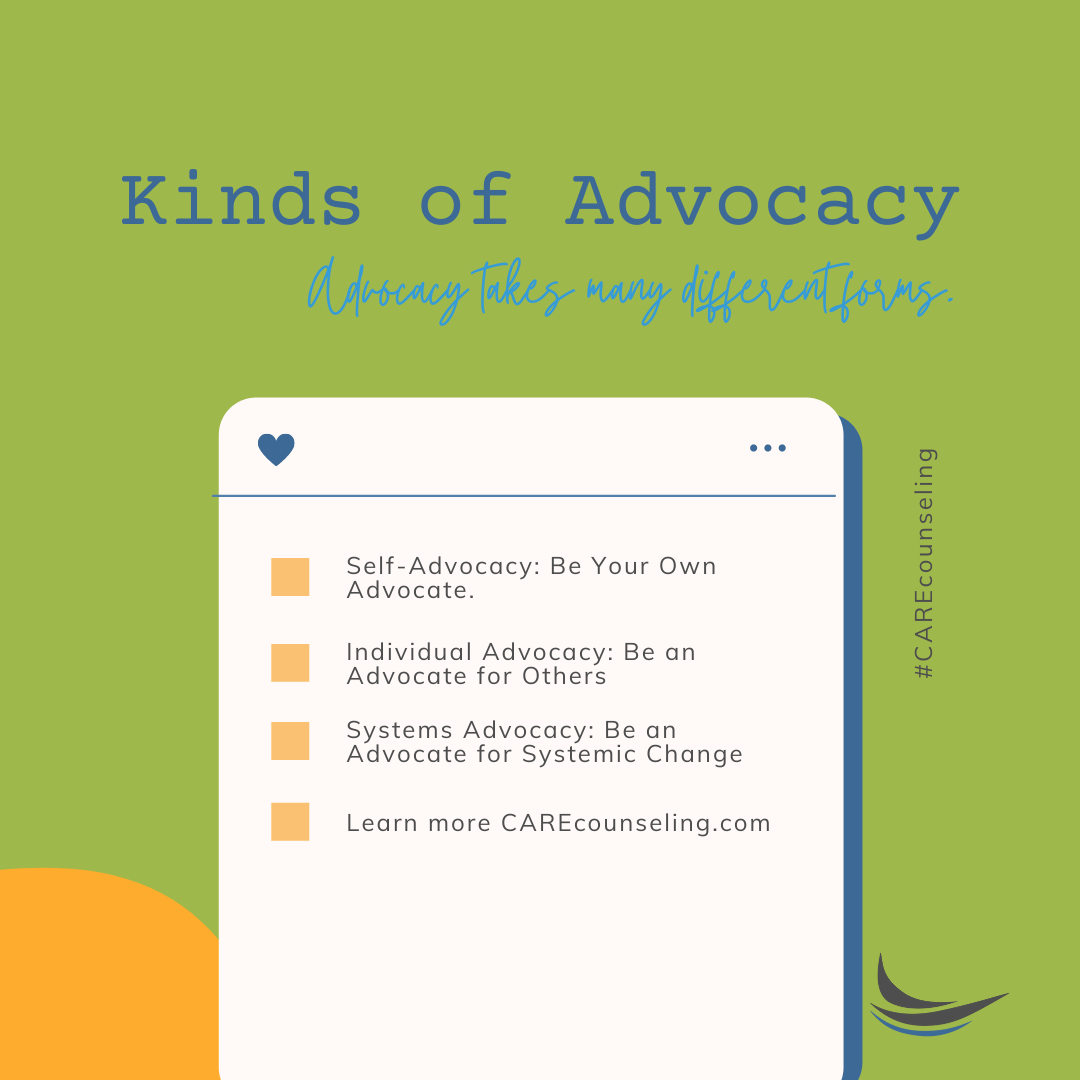Prevention is even better than the “cure when it comes to treatment for medical and mental health. One of the best ways of improving-health is with early intervention and treatment. Why is this so essential?
• 50% of all lifetime mental illness begins by age 14, and 75% by age 24.
• About one in five Americans experience a mental health condition, but only half receive treatment.
Taking the first step to reach out for help is a courageous step of self-advocacy.
Many people do not come to therapy until being in a state of crisis. What constitutes a crisis can be different for each person. Perhaps it is too much change. Moving…new job…loss of friend group…feeling overwhelmed and uncertain about what the future holds. Perhaps it is a devastating breakup or another significant area in which you are struggling with. You may notice a decline in healthy habits to where you are no longer eating, sleeping, or exercising like you used to. Multiple areas of wellness–physical, intellectual, emotional, social, spiritual, vocational, financial, and environmental are often impacted.
Being an advocate for oneself first involves getting to know yourself–to take an inventory on important aspects of life and begin to explore what might be going on. It is difficult to advocate for your needs and desires when you do not know what these are. Therapy is a great place to discover yourself.
Identify areas that you want to change. Write these down! You are encouraged to bring these to therapy. Your therapist may take the form of many different roles such as empathetic listener, motivational cheerleader, accountability partner, teacher, guide, or advocate depending on where you are at in your journey.
Remember that change takes time. Oftentimes there are barriers to change such as fear and negative thinking that get in the way. Stay strong and continue to advocate for yourself. Don’t give up on yourself. Speak up about the emotions and thoughts that you are experiencing. Talk about behaviors that are no longer useful to replace them with more helpful ones. Identify resources that will help you with your goals. Your therapist can assist with strategies to help you gain the confidence to speak up about what you want and feel empowered to be your own advocate.
There are resources available that can help one learn skills for self-advocacy. Imagine feeling confident to make decisions that support your goals, live a balanced life, and feel like the best version of yourself.
To schedule an appointment with one of our professional counselors, click here.
Written By: Charlotte Johnson, MA, LPCC
We’re Here to help
Our wellness experts will be happy to take care of you. You can CLICK HERE to schedule an appointment now or call (612)223-8898.
Meet Clinicians
We’re united by our commitment to providing effective, relevant, and innovative mental health support at all stages of your journey. Click Here to find out more about who we are, where we come from, and how we live out CARE’s mission every day.
The professionals at CARE are actively collecting and creating resources to help with what you need. We’re Here for You.




